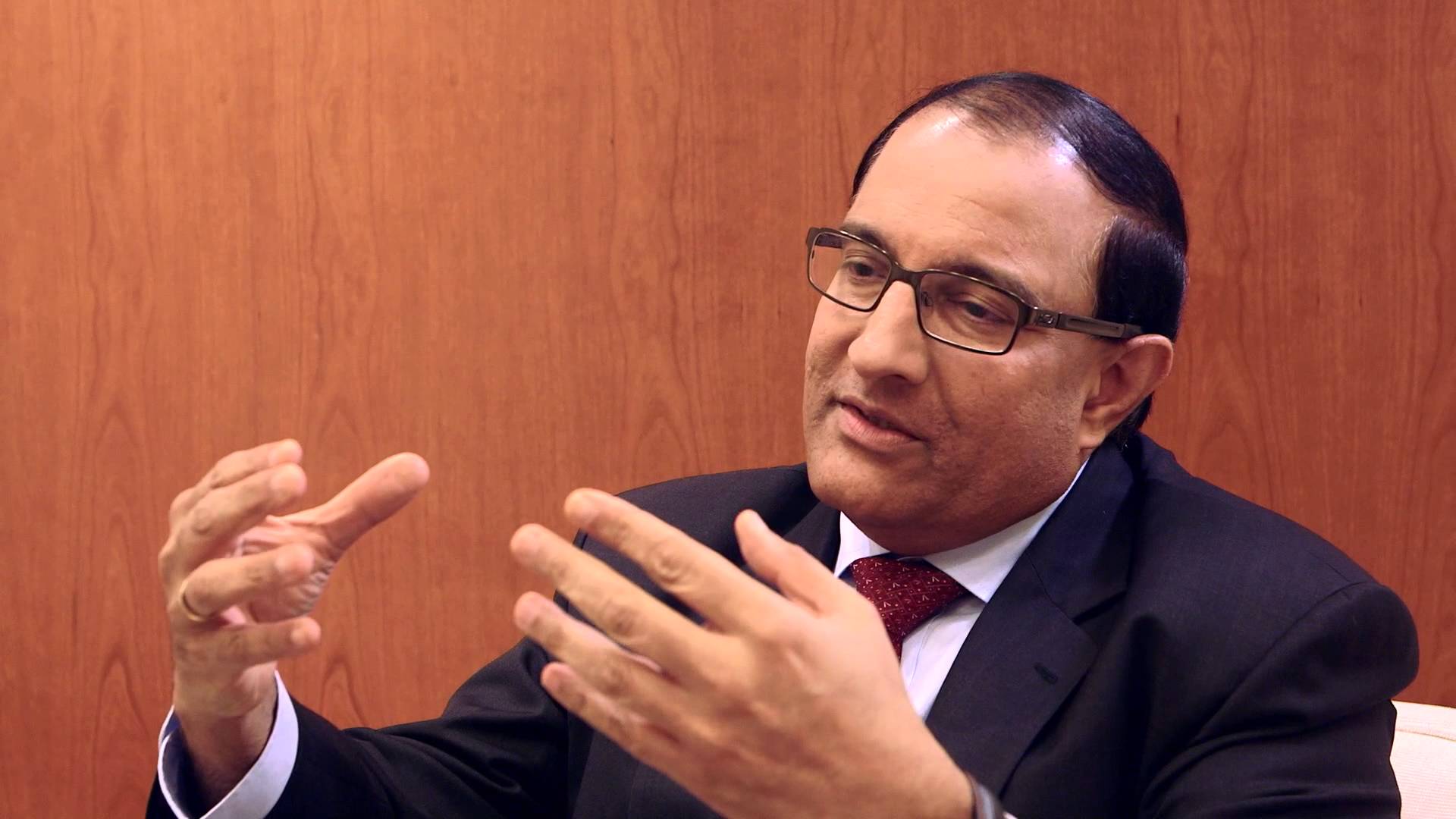Singapore’s vision is to be a leading manufacturing hub, plugged into global centres of excellence to drive the future of manufacturing, asserted S Iswaran, Minister for Trade and Industry (Industry) of Singapore while speaking at Future of Manufacturing (FoM) Summit today.
He said, “The Government is committed to supporting the development of advanced manufacturing technologies in Singapore to ensure the continued competitiveness of our manufacturing sector.”
While informing the audience about the five-year Research, Innovation and Enterprise 2020 plan (RIE2020), the Minister said, “SGD3.2 billion has been committed for the Advanced Manufacturing and Engineering (AME) domain, to support the development of technological capabilities in the manufacturing and engineering sectors. This includes cross-cutting technologies such as digital manufacturing, robotics and automation, and additive manufacturing.”
He said, “Our efforts will build on the strong partnerships which we have established over the years with global industry leaders. This will ensure that Singapore continues to be plugged into the centres of excellence around the world, particularly in our key manufacturing verticals.”
On the occasion, The Agency for Science, Technology and Research (A*STAR), National University of Singapore (NUS) and three pharmaceutical companies also inked a Memorandum of Understanding to mark the launch of an initiative to develop the country’s pharma manufacturing sector.
The initiative, christened the Pharma Innovation Programme Singapore (PIPS) invloves GSK, Pfizer and MSD.
The main aim of the PIPS is to transform the manufacturing operations and technologies of the pharma industry. This includes enabling green and sustainable manufacturing through the use of bio-catalysis technologies, as well as developing a fully-automated supply chain that can predict and react to patient demands and market trends.
While speaking about the MOU, Iswaran said, “It is important to strengthen partnerships within the local manufacturing sector to pool resources. PIPS combines the research capabilities of the public sector with the expertise of private pharma companies.”



